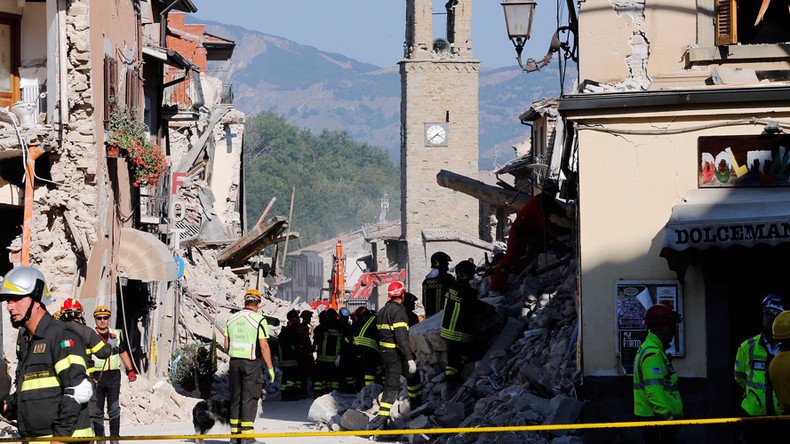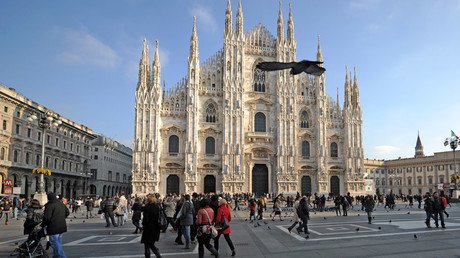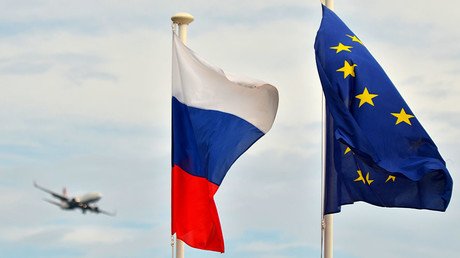Putin was first to offer help after earthquake, not bureaucratic EU – Italian journalist

Russia was the fastest to come to Italy’s aid in response to the recent earthquakes that hit the country, Il Giorno journalist Gian Micalessin told RT. He blames the EU’s bureaucracy, and says Italy would do well to mend ties with Moscow.
Micalessin’s remarks come on the heels of a scathing column for Il Giorno, in which he lambasts the EU for hogging the budget and slams its bureaucracy for failing to understand the real emergency Italians find themselves in.
In Brussels, Berlin and in many other European capitals, the plight of Italian regions battered by the summer tragedy is treated as “a fake stomach ache exhibited by a schoolboy accustomed to neglect,” he wrote.
According to his account, Russia was the first that offered “practical help” to Italy, which is struggling in its recovery after the central region was struck by a powerful earthquake in the summer, leaving 15,000 people without electricity and drinking water. Thousands of homes were destroyed, with infrastructure also suffering, leading to severe slowdowns in emergency help.
“Some weeks ago Italy announced that it’s going to send some soldiers to defend the European border from Russia. So – considering Russia as a potential enemy,” Micalessin remembers. “But the only country that was quite fast to call [Italian Prime Minister Matteo] Renzi and say, ‘We want to help you’ after the earthquake last August – and during the last earthquake a few weeks ago – was the Russian president, Vladimir Putin,” the Il Giorno journalist adds.
Russia offered rescue teams with high-tech equipment intended for work in hard-to-reach areas, which would take part in relief and rescue work.
“And, from the opposite side, the so-called European friends have a very, very different approach to Italian politics. They say, ‘you cannot spend more money to help your people, because your budget is under our control.’” Micalessin calls this a “paradox of European politics,” and blames the bloc for being bureaucratic and blind to the challenges of its populations.
Despite the current atmosphere of a political rift with Moscow, Micalessin says most Italians actually perceive Russia as a European country. “Of course we must keep good relations with Russia”, he says. It is a country with whom Italy has enjoyed good relations – and that’s where most Italians go wrong, he adds – as they rely on completely different considerations to that.The Italian government, Micalessin believes, is just towing the NATO line by opposing Moscow.
According to the Italian journalist, it’s also not a fact that the EU doesn’t have enough money for earthquake relief. He says the EU gives money in other circumstances to other countries, but has a different set of standards when dealing with its own members.
Micalessin did not shy away from commenting on the US presidential election result, saying it was the wrong choices made by the Obama administration that led to a Trump victory, and that Renzi trying to cozy up to NATO and the US will likewise set the country on the wrong course. EU members, however, have been clashing on sanctions renewal against Russia, which followed its recognition of Crimea’s right to self-determination.
A legislative chamber of Italy’s richest province, Lombardy, in August argued for not renewing. The vote by Lega Nord was for a non-binding resolution, and won 43 of 87 votes, with 15 abstaining. Four chambers across the country in total voted against renewing the sanctions.














